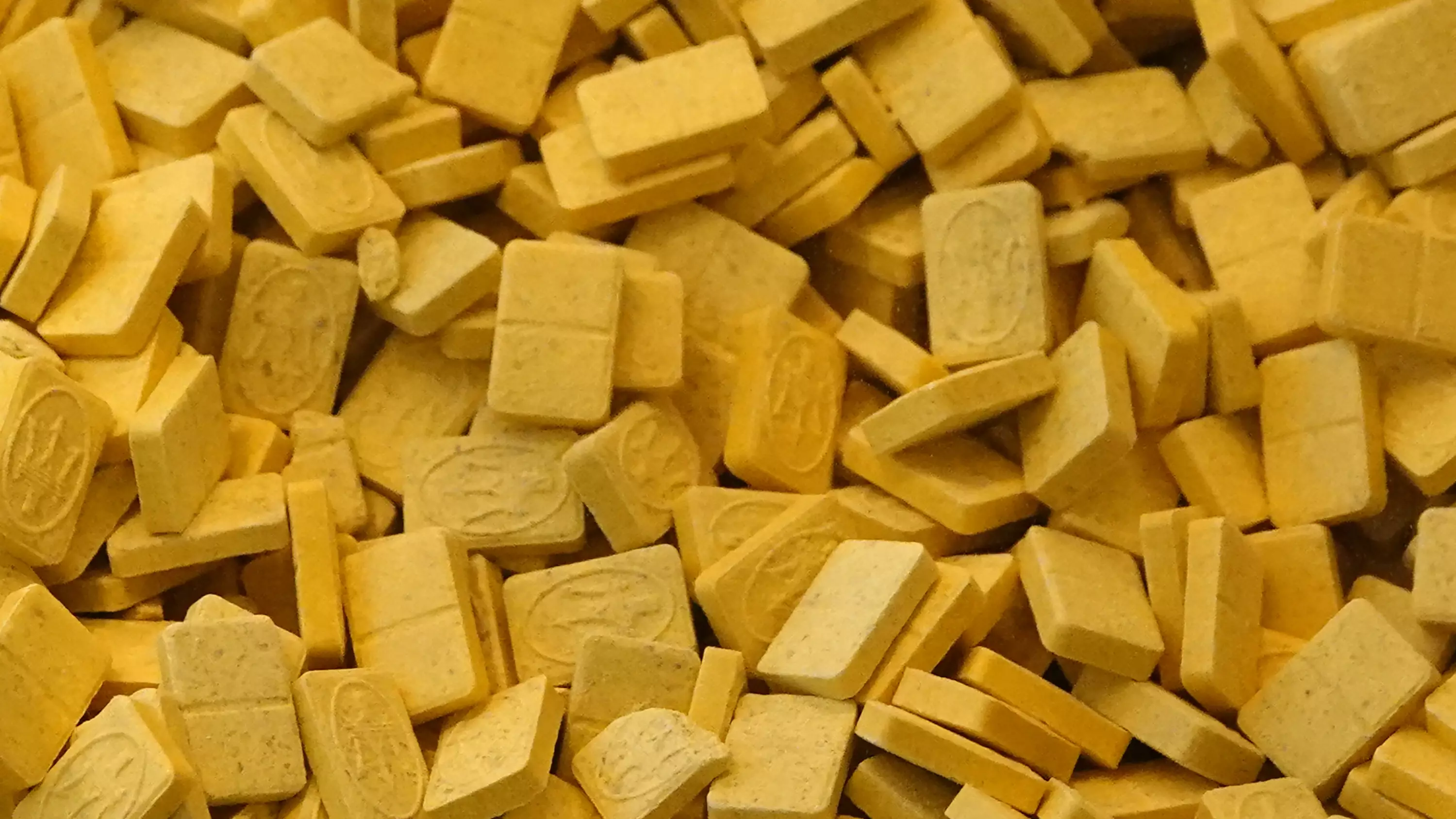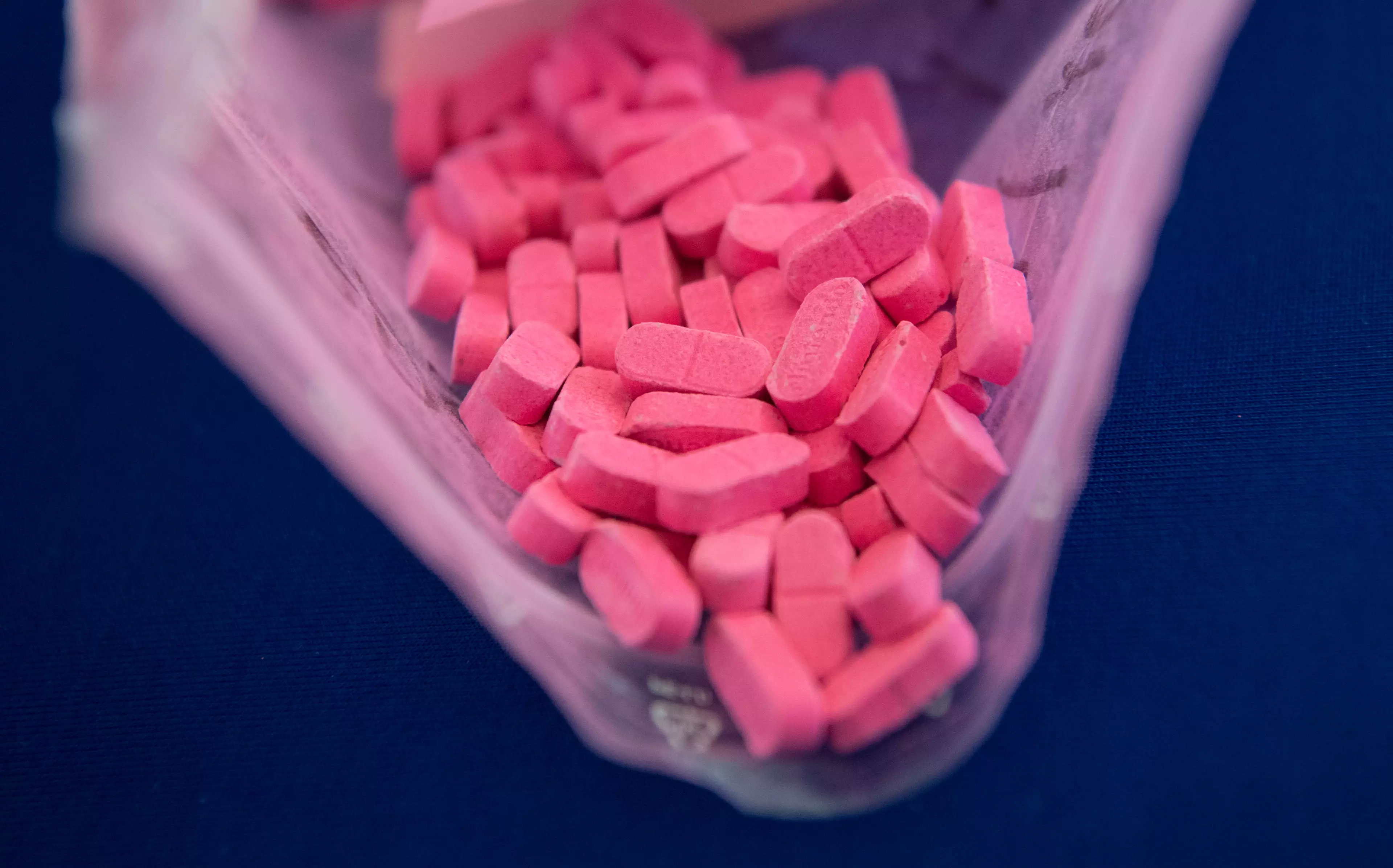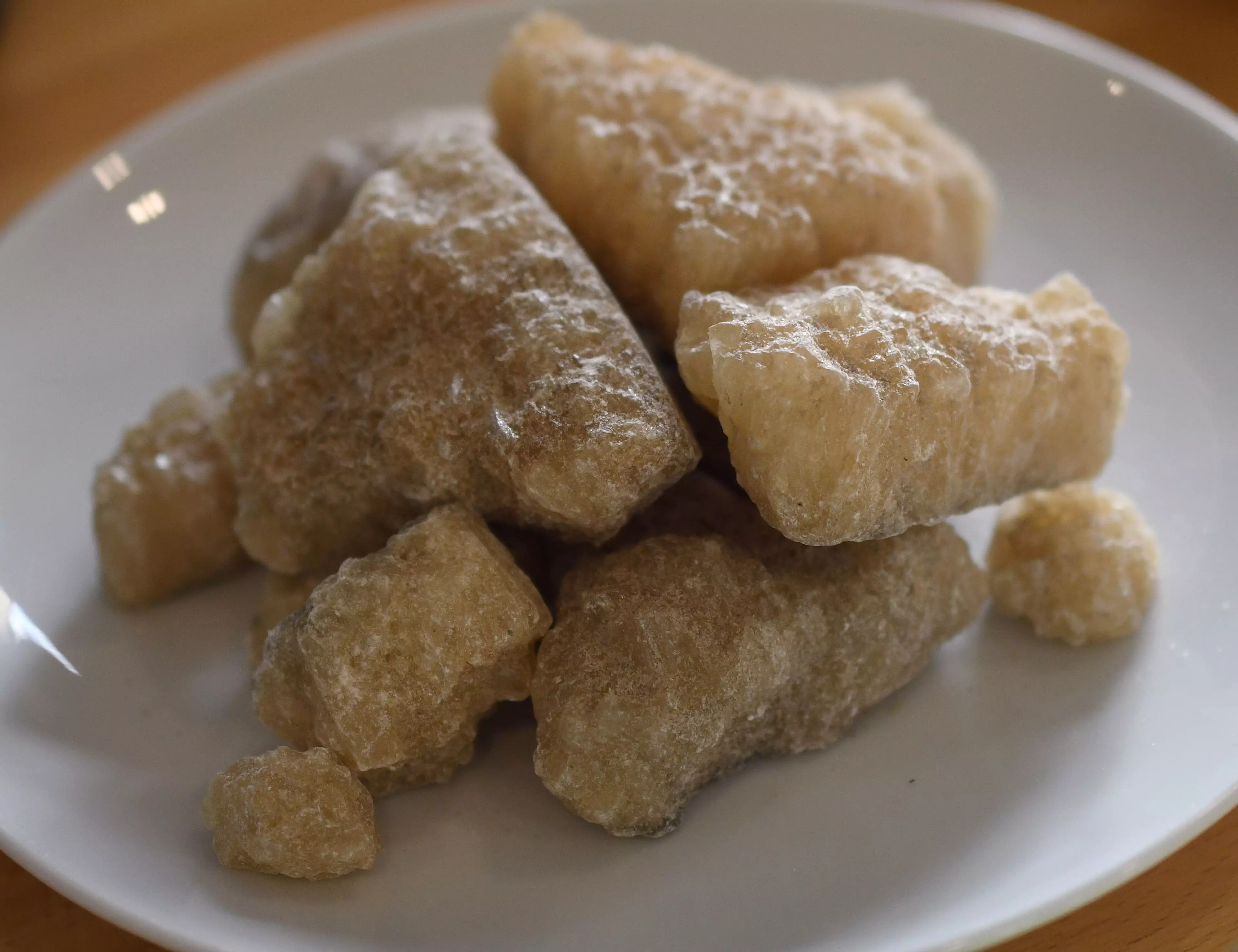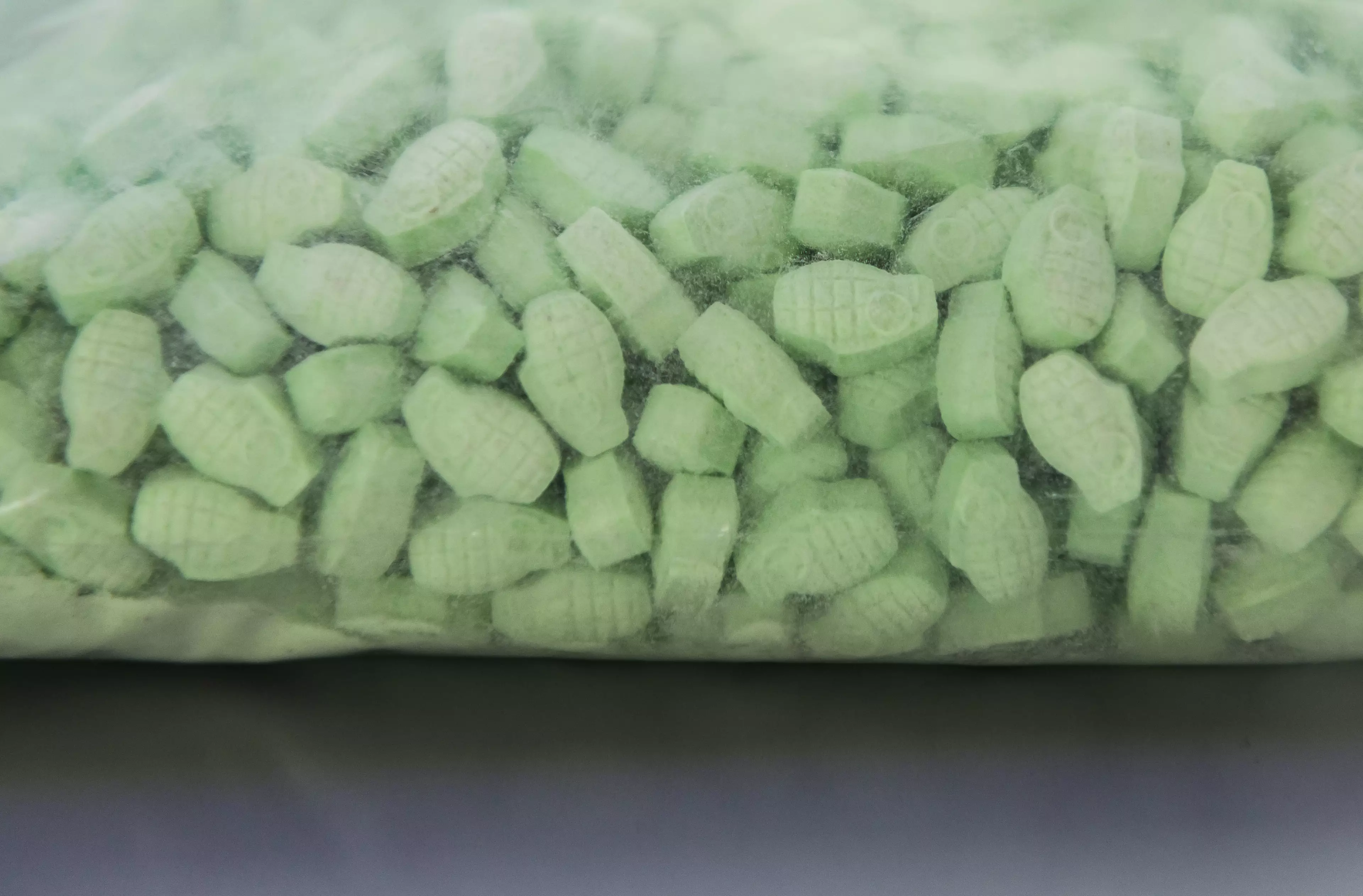
New research suggests MDMA - known more commonly as Ecstasy - could be successfully used to treat alcohol addiction.
The early findings of the study, which is the first of its kind to use the party drug for this reason, indicate that using Ecstasy could produce better results than the standard treatment in use currently.
Psychiatrists are trialling the use of small doses of MDMA alongside psychotherapy and found that - after nine months - half of those who took part in the study remained completely sober, with only one patient suffering a full relapse.
To put that into context, eight out of every 10 people who are given standard treatment for their alcohol addiction start drinking again within three years.

There were also no physiological or psychological problems reported as a result of using the drug.
The trial was performed by doctors from Imperial College London. The study's leader, Dr Ben Sessa - a senior research fellow and addiction psychiatrist - told The Guardian: "With the very best that medical science can work with, 80 percent of people are drinking within three years post alcohol detox."
So far, 11 people have taken part in this study, which includes nine months of follow ups. This first stage aims to prove only that the therapy is safe.
Dr Sessa continued: "We've got one person who has completely relapsed, back to previous drinking levels, we have five people who are completely dry and we have four or five who have had one or two drinks but wouldn't reach the diagnosis of alcohol use disorder."

Addiction is often linked in some part to childhood trauma, which is why MDMA could be effective as it 'selectively impairs the fear response,' meaning that it is possible to recall painful memories without becoming overwhelmed.
Future trials will aim to compare the results of MDMA treatment against a random control group taking a placebo.
Patients are given an eight-week-long psychotherapy course, as well as two doses of MDMA. After the dose they spent eight hours lying down discussing thoughts with psychiatrists and psychologists.
Dr Sessa added: "We let them lead the sessions as to where they want to go. What comes up comes up, so it's not very guided by the clinicians."

There have also been no observed instances of comedowns or withdrawal after using the drug. Dr Sessa explained: "There is no black Monday, blue Tuesday, or whatever ravers call it. In my opinion, that is an artefact of raving. It's not about MDMA."
MDMA has been used before in psychotherapy as far back as the 1970s in the USA. A government spokesperson said: "We have a clear licensing regime, supported by legislation, which allows legitimate research to take place in a secure environment while ensuring that harmful drugs are not misused and do not get into the hands of criminals."
Featured Image Credit: PATopics: Science, UK News, Interesting, Technology, Health